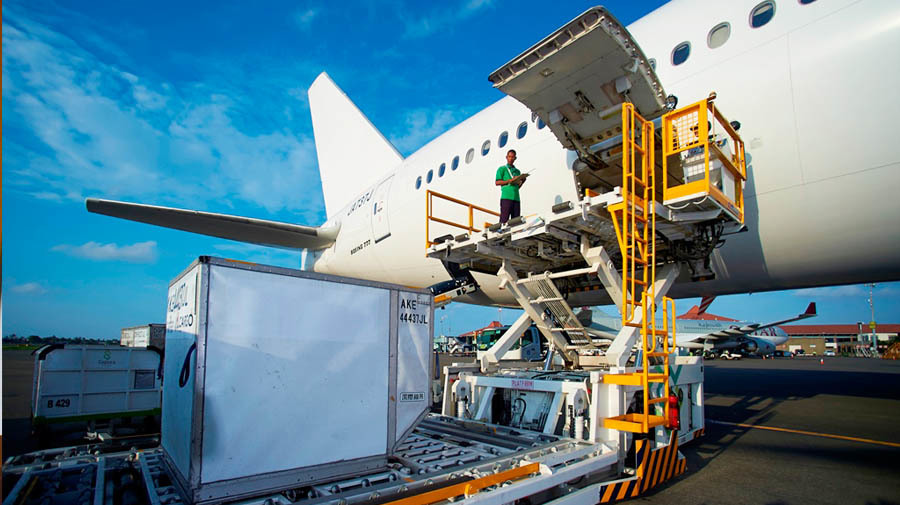
The International Air Transport Association (IATA) and its members continue to support governments in their efforts to contain the spread of coronavirus (COVID-19).
Since the crisis began, air cargo has been a vital partner in delivering much-needed medicines, medical equipment (including spare parts/repair components), and in keeping global supply chains functioning for the most time-sensitive materials.
This has been done through dedicated cargo freighter operations, utilization of cargo capacity in passenger aircraft and with relief flights to affected areas.
Air cargo is also instrumental in transporting food and other products purchased online in support of quarantine and social distancing policies implemented by states.
The dramatic travel restrictions and collapse of passenger demand have severely limited cargo capacity. IATA calls on governments to take urgent measures to ensure that air cargo will be available to support the global fight against COVID-19.
“Over 185,000 passenger flights have been cancelled since the end of January in response to government travel restrictions. With this, vital cargo capacity has disappeared when it is most urgently needed in the fight against COVID-19. The world’s fleet of freighter aircraft has been mobilized to make up this capacity shortfall. Governments must take urgent measures to ensure that vital supply lines remain open, efficient and effective,” said Alexandre de Juniac, IATA’s Director General and CEO.
Governments must see air cargo as an essential part of the fight against COVID-19 and take the following actions:
1. Exclude air cargo operations from any COVID-19-related travel restrictions, to ensure life-saving medical products can be transported without disruptions
2. Ensure that standardized measures are in place so that air cargo can continue to move around the world with minimal disruptions
3. Exempt air cargo crew members, who do not interact with the public, from 14-day quarantine requirements
4. Support temporary traffic rights for cargo operations where restrictions may apply
5. Remove economic impediments, such as overfly charges, parking fees, and slot restrictions to support air cargo operations during these unprecedented times
“Air cargo carriers are working closely with governments and health organizations around the world to safeguard public health while also keeping the global economy moving. Today, as we fight a global health war against COVID-19, governments must take urgent action to facilitate air cargo. Keeping cargo flowing will save lives,” said Alexandre de Juniac.
Puncak pergerakan tercatat pada H-3 Lebaran, yakni Jumat, 28 Maret 2025, dengan total penerbangan mencapai 1.179 dan jumlah penumpang mencapai 184.000 orang.
…DetailsKegiatan ini adalah bagian dari program tanggung jawab sosial perusahaan yang bertujuan untuk membantu masyarakat yang membutuhkan.
…DetailsDirektorat Jenderal Perhubungan Udara (Ditjen Hubud) Kementerian Perhubungan memperkuat konektivitas udara di Kepulauan Mentawai Provinsi Sumatera Barat melalui
…DetailsMenteri Perhubungan Dudy Purwagandhi meninjau sarana dan prasarana transportasi udara di Bandara Internasional Soekarno-Hatta, Tangerang, Banten, Kamis (27/3).
…Details